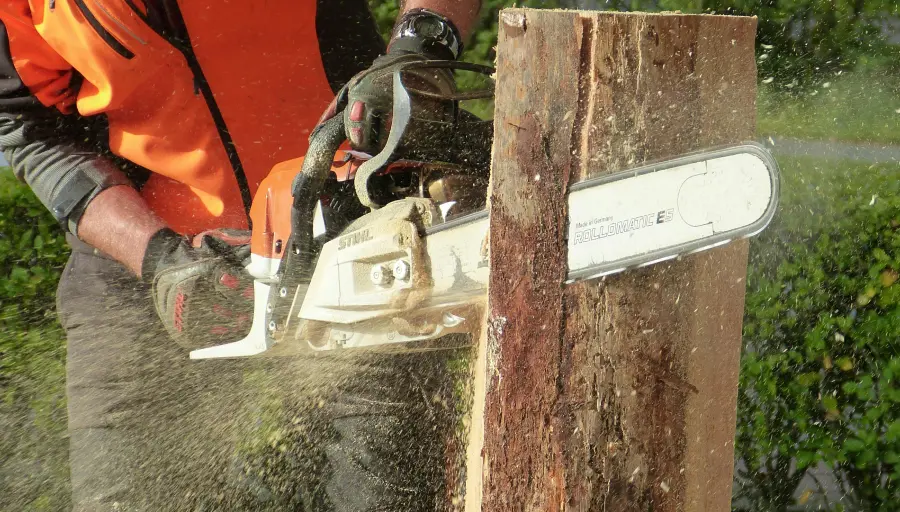About Us
SUMEC Building Material is one of core business lines of SUMEC-ITC. We have specialized in manufacturing and exporting wood panel products (Commercial plywood, Film faced plywood, Fancy plywood/MDF, door skin, pvc panel and etc.) for more than 20 years.
Relying on the strictly-controlled product quality, stable supply, professional and effective service, SUMEC Building Material has established business cooperation with customers from America & Europe, Middle East, Southeast Asia, Africa, totally over 100 countries and regions with good reputation. To constantly enhance manufacturing capacity, SUMEC Building Material has invested several wood panel manufacturing bases successively and has carried out strategic cooperation with many large manufacturing enterprises, We now have an annual production capacity of over 500 thousands cubic meters and can meet various demands.
SUMEC Building Material is dedicated to providing quality products and service to the global market, taking a win-win approach to optimize benefits to customers, taking responsibility to the society and the environment. The innovative, trustworthy and professional team of SUMEC Building Material will work together with their customers and partners to set and surpass goal in order to realize the aspirations of all.
$0.00M
Wood Product Exports (2023)
0+
Global Countries
Top 0
in Building Materials (China)
Products
Learn More
Core Capacities

Global Supply Chain Integration
We gather high-quality global wood industry resources, build an international supply chain network, and provide one-stop supply chain services to meet the diverse needs of our customers.
Request a Quote
We are able to respond your inquiries promptly, and match different steel resources to offer you competitive price
Now Contact Us For Quoation 